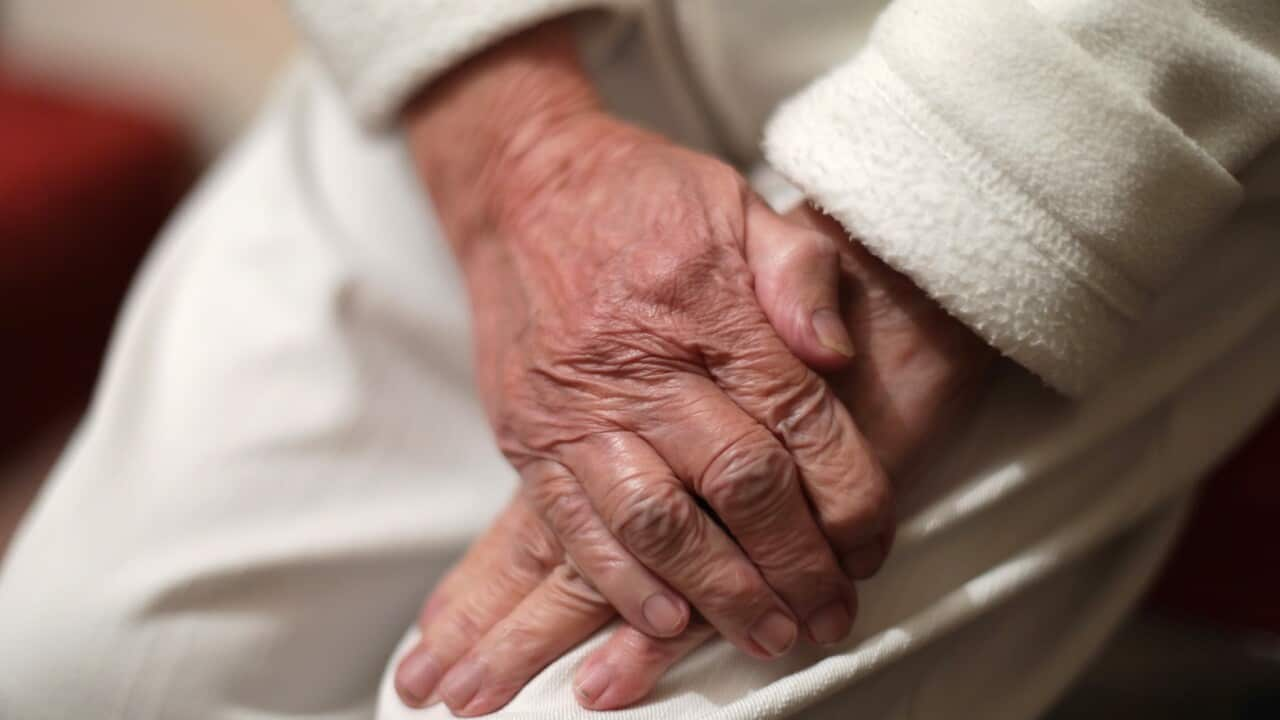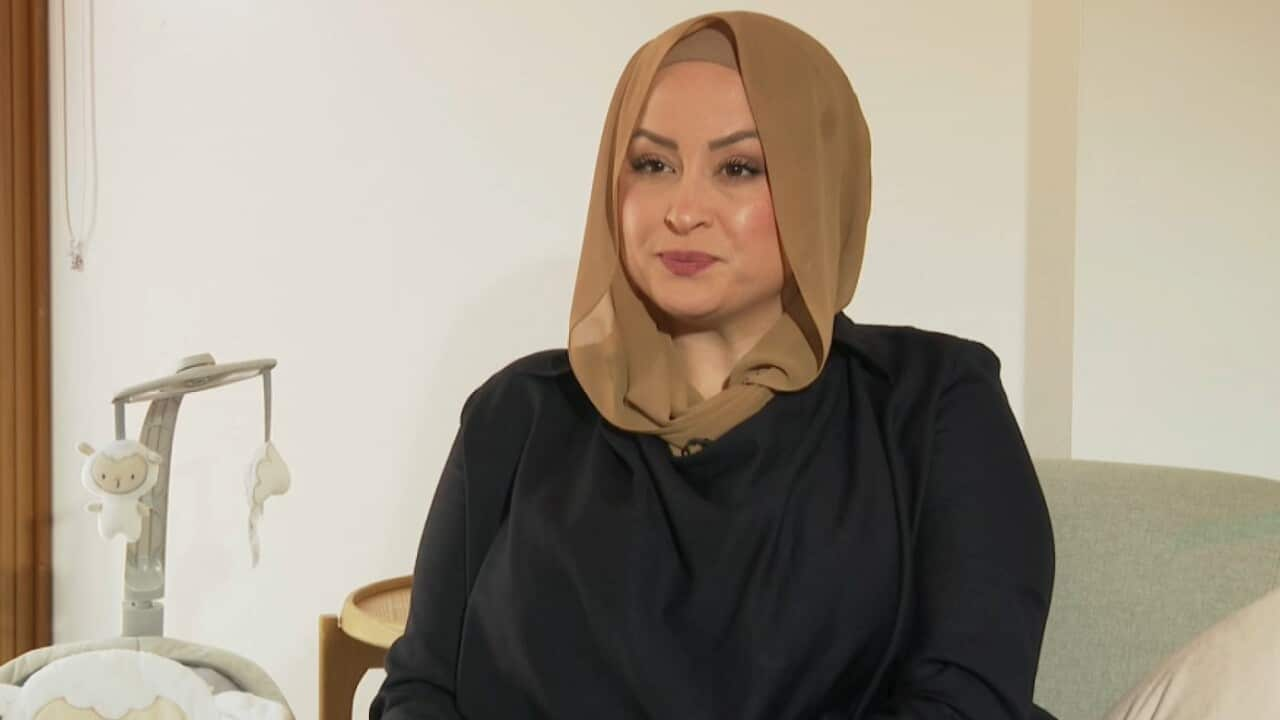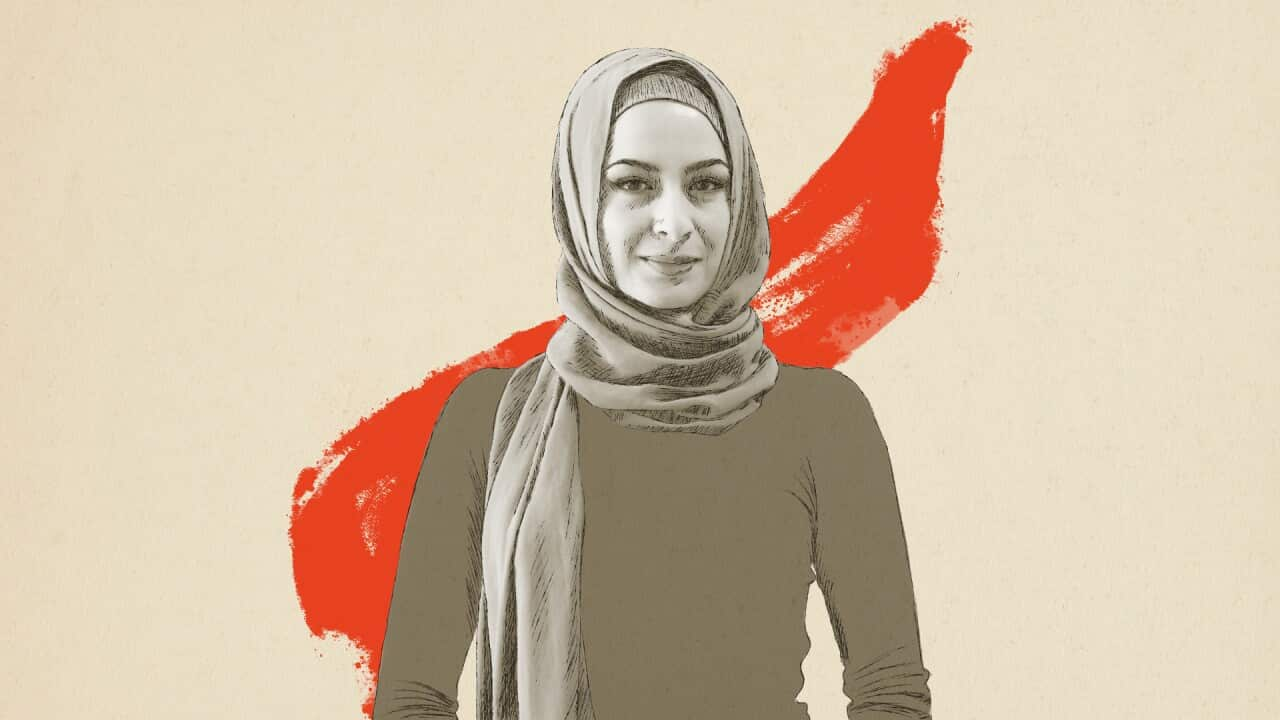TRANSCRIPT:
Life is already difficult for Rajee Narinesingh.
As a transgender woman, she has faced workplace discrimination, and experiences the ongoing effect of black market injections that scarred her face and caused chronic infections.
Now the 56-year-old Florida actress and activist worries about growing older.
"Ageing for me is a scary thing. And it's not so much the fact of not wanting to age because I know there's two alternatives. You either age or you leave the planet. And so it's not so much about that. But every now and then I have like this thought, like, ‘Oh my God, if I end up in a nursing home, how are they going to treat me?’"
It's a question that many transgender people in the United States are increasingly asking.
A handful of states, including Massachusetts and California, have legislated for equal access to programs for ageing populations and requiring training on how to serve that community.
But other states, like Florida, have enacted laws limiting gender-affirming care for minors, and restrictions that make it hard - if not impossible - for adults as well.
The limits have prompted some trans adults to leave their state for care - but for many trans seniors, such a move isn't as easy.
Morgan Mayfaire is the Executive Director of TransSOCIAL, which offers LGBTQ+ cultural and sensitivity training to businesses, healthcare providers, schools and universities.
Mayfaire says he's worried that nursing centres will not be able to deal sensitively with trans seniors.
"Ageing as a trans person is much more complicated than as a cisgender heterosexual person. Why? Because we have the same exact issues and then some. When a trans senior goes into nursing care, they have to out themselves as trans. How many nursing facilities are actually trans competent??
Michael Adams is Chief Executive Officer of SAGE, a national organisation that offers support to the LGBTQ+ community, and offers training to nursing homes and other care providers.
Adams has concerns about the readiness of nursing homes and health facilities to meet the needs of trans seniors.
"Among the challenges that we see facing transgender elders and older adults are discrimination and lack of access to welcoming health care and welcoming elder services. We see discrimination at – high levels of discrimination in - housing, we see higher levels of poverty, higher levels of health challenges and health conditions, all of which creates a greater need for support, services and care."
Mr Adams says he hasn't given hope.
He says the push for equality has been led in many respects by the trans community.
"If you think back to, for example, the Stonewall uprising, many of the folks who were engaged in that uprising were young trans people. And those folks, 50 plus years later are now our elders, right? So our elders, our trans elders have been providing leadership and fortitude and strength and modelling for our community for many, many years. And that continues. And that resilience is still there even in these extremely difficult times."
But for Tiffany Arieagus, an acclaimed drag performer in south Florida who also works in social services for SunServe, an LGBTQ+ nonprofit, retirement remains an ongoing concern.
"I just am going on my 71 years on this earth and walking in the civil rights march with my mother at age six and then marching for gay rights. I’ve been blessed enough to see so many changes being made in the world. And then now I’m having to see these wonderful progressions going backwards."













